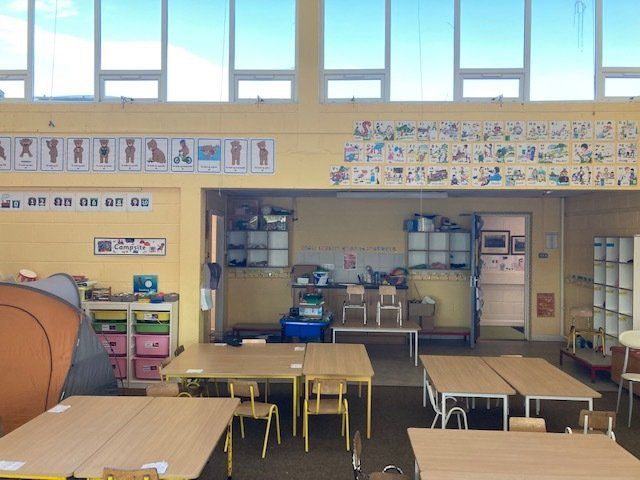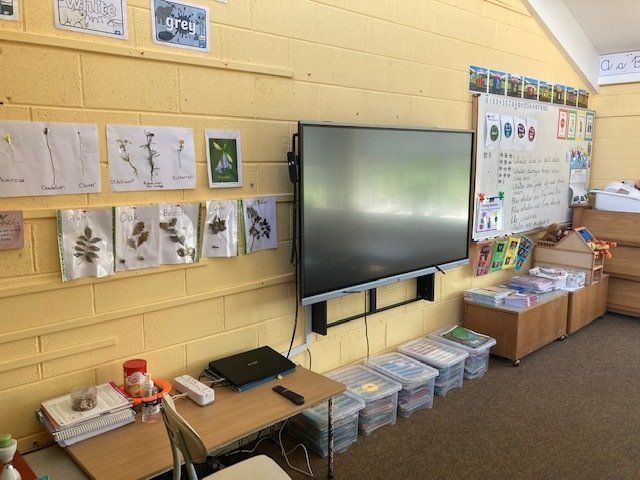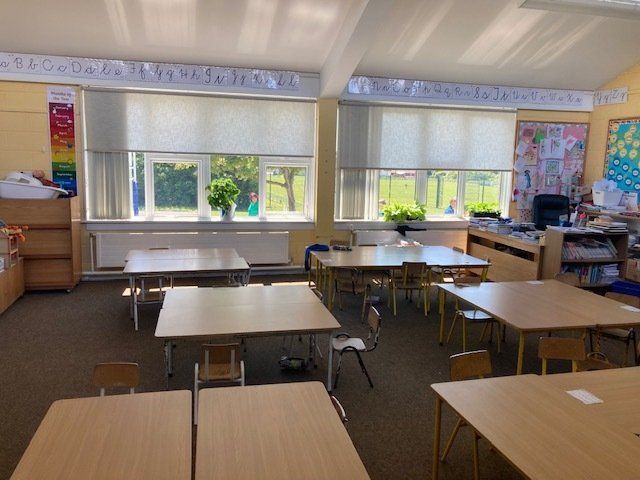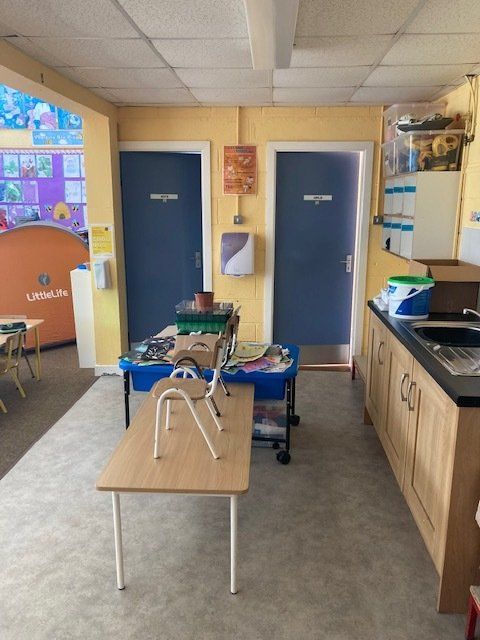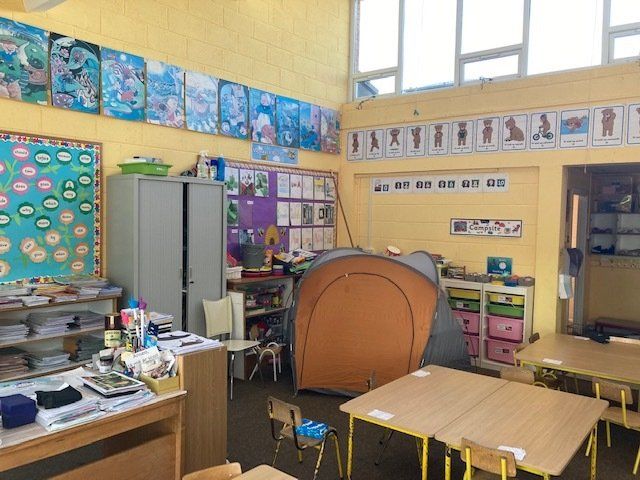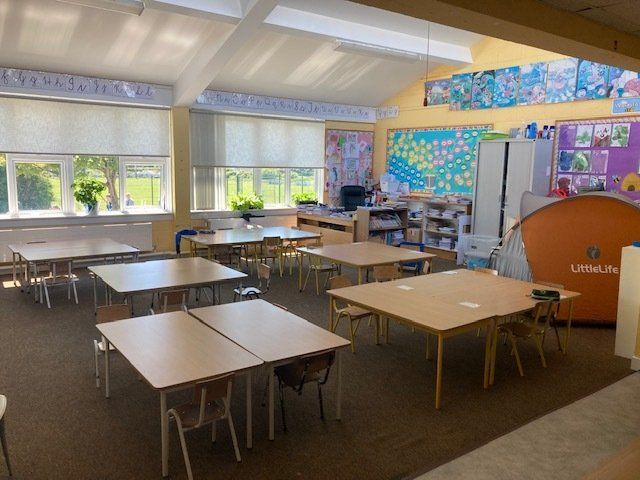Preparations for "Big School"
Transitioning to “Big School” is a huge milestone in every child’s life, so we hope that the information below will provide some useful tips and helpful advice to parents in helping their kids take the Big Step to Primary School. Starting something new always brings a sense of foreboding and excitement and so too your child will be experiencing a mixture of both nerves, anticipation and enthusiasm.
Junior Infants in our school is mainly about
settling in,
relating to others,
making friends,
feeling happy, and
gradually
getting used to the routine of the school. On the learning side, the emphasis is on: 1) developing their oral language and expression, 2) sharpening their senses, 3) developing their physical co-ordination, 4) extending their concentration span and listening, 5) learning through play, 6) co-operating with the teacher and other children, 7) performing tasks independently and 8) working and sharing with others
Preparations for Junior Infants
- Talk about school positively as a happy place where there will be a big welcome and they will meet new friends.
- Make sure your child has their new uniform and their school bag.
- It would help if your child could button/zip their coat and hang it up
- Use the toilet without help, including managing pants and buttons
- Know how to flush the toilet and wash hands without help or without having to be told
- Use a tissue when necessary
- Share toys with others and take turns
- Tidy up and put away toys
- Manage their own shoes
- Open and close their own lunchbox, manage their lunch including opening/closing of all items
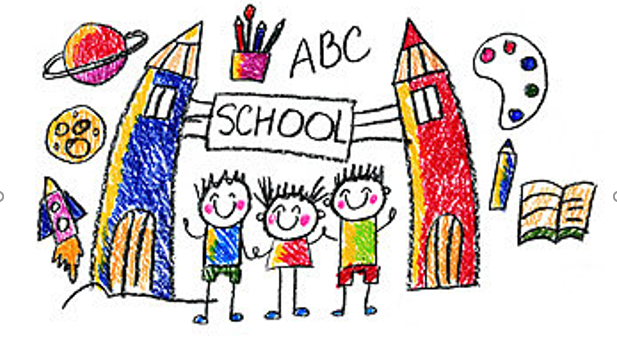
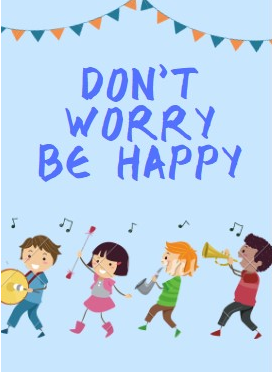
If your child is upset
In spite of the best efforts of both the teacher and parents, a small number of children will still become upset. If your child happens to be one of them don’t panic. Our teachers are very experienced and understanding. Patience and perseverance can work wonders.
A word of Advice
* Trust the Teacher
She is experienced and resourceful and is used to coping with all kinds of starting off problems.
* Try not to show outwards signs of your own distress
Sometimes the parents are more upset than the child and are the main cause of his/her anxiety.
* Reassure Your Child
When your child is reassured, leave as fast as possible. The teacher can distract and humour him/her more easily when you are not around.
* You must be firm from the start
Even if a child is upset you must insist that he/she stay for a short period of time - even 10 minutes.
